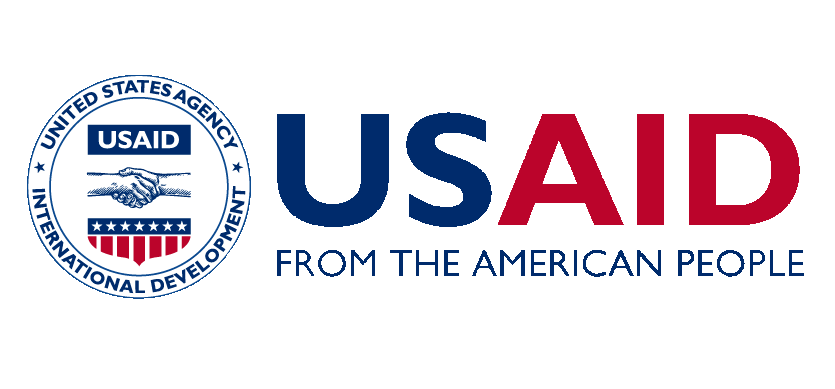Although the potential advantages of linked population and environment programs are increasingly acknowledged, evidence is still limited regarding the feasibility and acceptability of PHE initiatives. In some of the best known PHE models, such as those implemented in the Philippines and Madagascar, health promotion was added to environmental initiatives through the intervention of community health workers. Less is known about the ability of environmental workers to assume a direct role in health promotion. To help fill this evidence gap, the Program Research for Strengthening Services (PROGRESS) project, which was funded by the U.S. Agency for International Development to improve access to family planning services, teamed with the Green Belt Movement (GBM), a Kenyan nongovernmental organization dedicated to environmental conservation and community development. PROGRESS and GBM conducted a mixed-methods study to examine the following issues: (1) whether GBM’s frontline environmental outreach workers, known as Green Volunteers, could lead family planning promotion activities and (2) how communities would react to Green Volunteers’ promoting potentially sensitive messages about contraception. We used process monitoring and post-intervention data collection to assess the feasibility and acceptability of Green Volunteers’ implementing a PHE intervention and to explore the potential of this approach for expanding access to family planning information and services. In addition, we examined the costs of the intervention to evaluate affordability.
Year: 2015
Source: International Perspectives on Sexual and Reproductive Health


